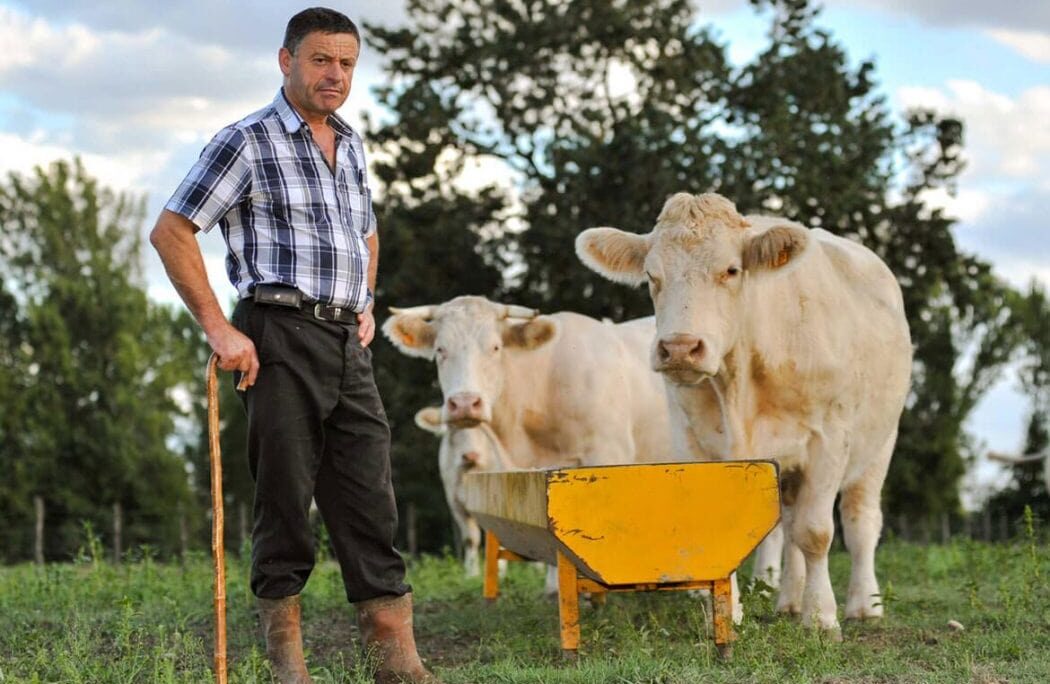Water is the lifeline of agriculture. Understanding your rights to use water for farming is essential for protecting your crops, managing irrigation efficiently, and staying compliant with legal requirements. Water rights and irrigation laws determine how, when, and from where a farmer can use water for agricultural purposes.
In agriculture, water rights typically fall under two major systems — riparian rights and prior appropriation rights. Riparian rights apply to landowners whose property is adjacent to a natural water source like a river or lake. These owners are entitled to use a reasonable share of the water for agricultural or domestic purposes, as long as it doesn’t harm other users downstream. On the other hand, the prior appropriation system operates on a “first in time, first in right” basis, where the person who first uses the water for beneficial use (such as irrigation) has the senior right to continue using it.
Farmers must also comply with local and state water laws that regulate groundwater usage, irrigation permits, and water distribution. In many regions, farmers are required to obtain licenses or permits to drill wells, divert river water, or build irrigation systems. Overuse or unlicensed withdrawal of water can result in penalties, fines, or even loss of water rights.
Irrigation laws also encourage sustainable and efficient water use. Modern irrigation techniques such as drip irrigation, sprinkler systems, and water recycling are supported by many government programs offering subsidies or financial aid. Farmers are also advised to monitor their water usage, maintain irrigation equipment, and adopt soil conservation practices to prevent water waste and soil erosion.
Disputes over water rights are common in agriculture, especially in drought-prone areas. Legal professionals specializing in agricultural law can help farmers resolve these issues, apply for necessary permits, and ensure compliance with environmental regulations.
Understanding water rights and irrigation laws is not only about compliance — it’s about ensuring long-term agricultural productivity and sustainability. Farmers who are informed and proactive about these laws can protect their resources, avoid legal conflicts, and contribute to responsible water management for future generations.

